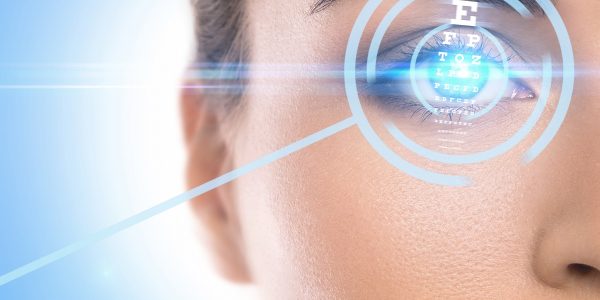
What Causes Poor Night Vision?
Humans have poor night vision relative to other species in the animal kingdom, but normally it is sufficient to allow us to drive in the dark and find our way to the bathroom in the middle of the night. Everyone has some limitation on how well they can see in low light environments but for some people it can be especially challenging. Weak night vision in itself is not a condition of the eye but rather an effect of “higher order aberrations.” In order to improve night vision you must address the underlying cause.
Conditions of the eye are classified into two categories: low order aberrations and higher order aberrations. Low order aberrations like farsightedness, nearsightedness and astigmatism are easily corrected with eyeglasses, contact lenses or LASIK surgery. Higher order aberrations like coma, trefoil or spherical aberration are complex imperfections in the optical system of the eye and do not respond to the same treatments as their low order counterparts. These, in addition to under corrected nearsightedness, are the conditions that can affect night vision.
How Does LASIK Surgery Improve Vision?
Conventional LASIK is not suitable for treating higher order aberrations but is very effective at treating low order aberrations. In conventional laser eye surgery, a laser reshapes the cornea to recreate the effect of your eyeglass prescription. These permanent changes to the eye decrease or eliminate the need for eyeglasses or corrective lenses. Eyeglass prescriptions are not unique to the person they are prescribed for; millions of people could have the same prescription.
Custom LASIK uses wavefront technology to help reduce the optical distortion (higher order aberrations) in your eyes. This allows the eye surgeon to perform a complex laser treatment that can limit higher order aberrations. Night vision often improves as a direct result. In any form of laser eye surgery, higher order aberrations can remain, however, with wavefront treatment, these aberrations are kept to a minimum thereby improving glare, halo and night vision problems for most people.
Learn More About Night Vision After Laser
If you are struggling to see in low light environments and would like more information about diagnosing and treating high order aberrations that could be affecting your night vision, please contact Mark Mandel, MD, at Optima Eye to schedule a consultation. Offices located in Hayward, San Jose, Concord, and Castro Valley.



